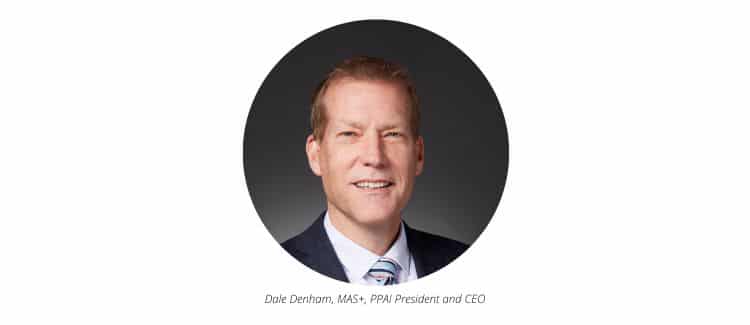As leaders, the thing that makes us most successful is often the true belief in the vision we have for our organizations. We have a gut instinct, then find proof to confirm that instinct and become determined to see it through, no matter what.
And often, it’s to the detriment of ourselves and our businesses. I’ll give you an example from my personal life that illustrates the point: I used to be a diehard Android user.
My first cellphone was a Nokia, and I stayed with it until the Blackberry came out. I loved my Blackberry until smartphones came out, and then I fell in love with Androids, specifically the Samsung Galaxy. All the while, my iPhone-using friends in the group chat looked down on me and complained about the green bubble when I texted them. (The green bubble in a text message thread is one way Apple brands Android users as subhuman, signifying that the exclusive iOS chat features don’t work when texting with this lesser species.)
Still, I loved my Galaxy phone and often thought about all my good reasons. I was not anti-iPhone. In fact, the first phones I bought my kids were Apple phones. I knew how easy they were to use, and I also recognized they would be judged by their friends if they used anything besides an iPhone.
Over time, I began to feel more excluded using my Samsung device. My family would play Game Pigeon, and I couldn’t play on my phone. Videos sent to the family text thread came through fuzzy. But I insisted that it was worth it because I loved my Samsung.
I won’t bore you with my reasons, but they truly were good. Perfectly valid reasons. I was proud of myself for recognizing them.

Over time, though, they stopped being good and valid. Things changed a lot. Apple had made progress, and I was only hurting myself by being its enemy. And so about two years ago, I made the switch.
At first I focused on the things I did not like. Then I wanted to like the phone, but not too much. And eventually I embraced my iPhone and gave up trying to justify my previous viewpoint.
Changing our minds on something so simple should not be hard, but it often is. It comes with the price of having to accept that we may have been wrong in the past. It is easier to hold true to our beliefs and stick with our tribe who shares our beliefs. But in doing that, we risk missing out on opportunities.
This is a personal lesson I remind myself of often in leading PPAI, and I challenge you to think about what you have been doing in your business for a long time that is overdue for change. Not everything can or should be changed, but if you are open to thinking differently, consider testing the waters.
I can identify with anyone still clinging to their Android. But now I know … that green bubble really is annoying.


